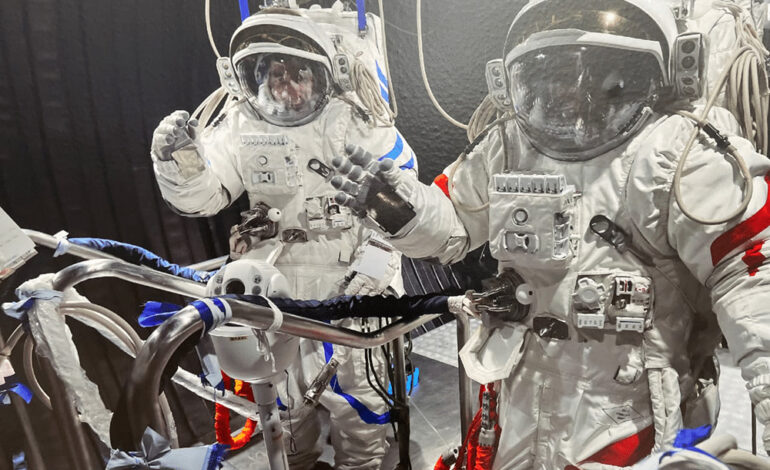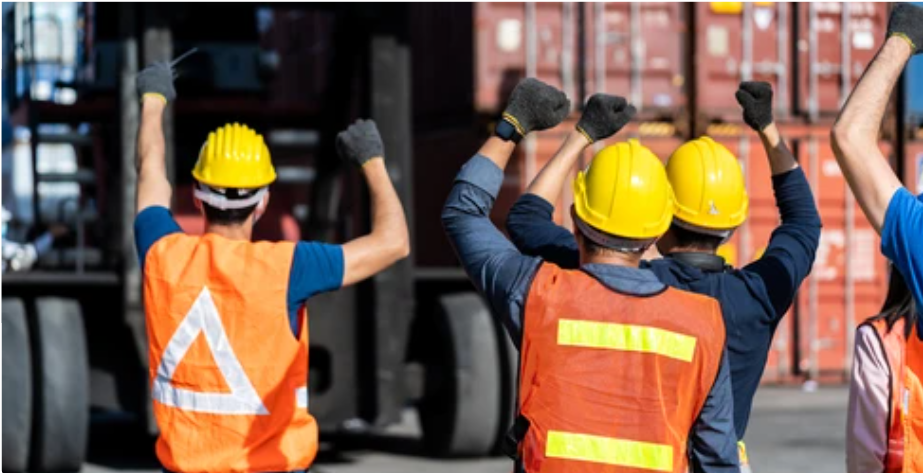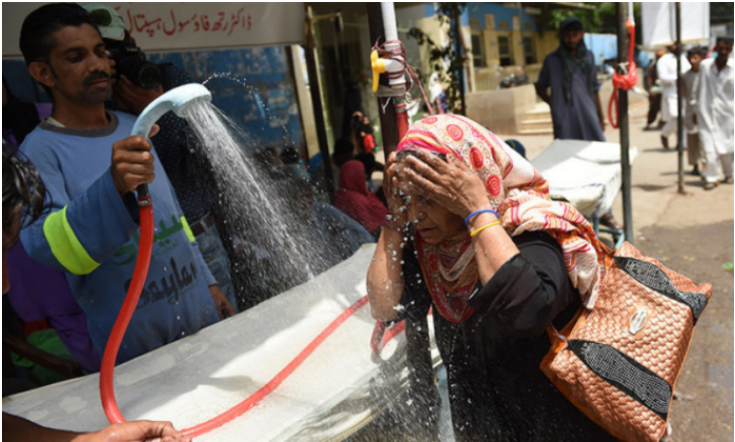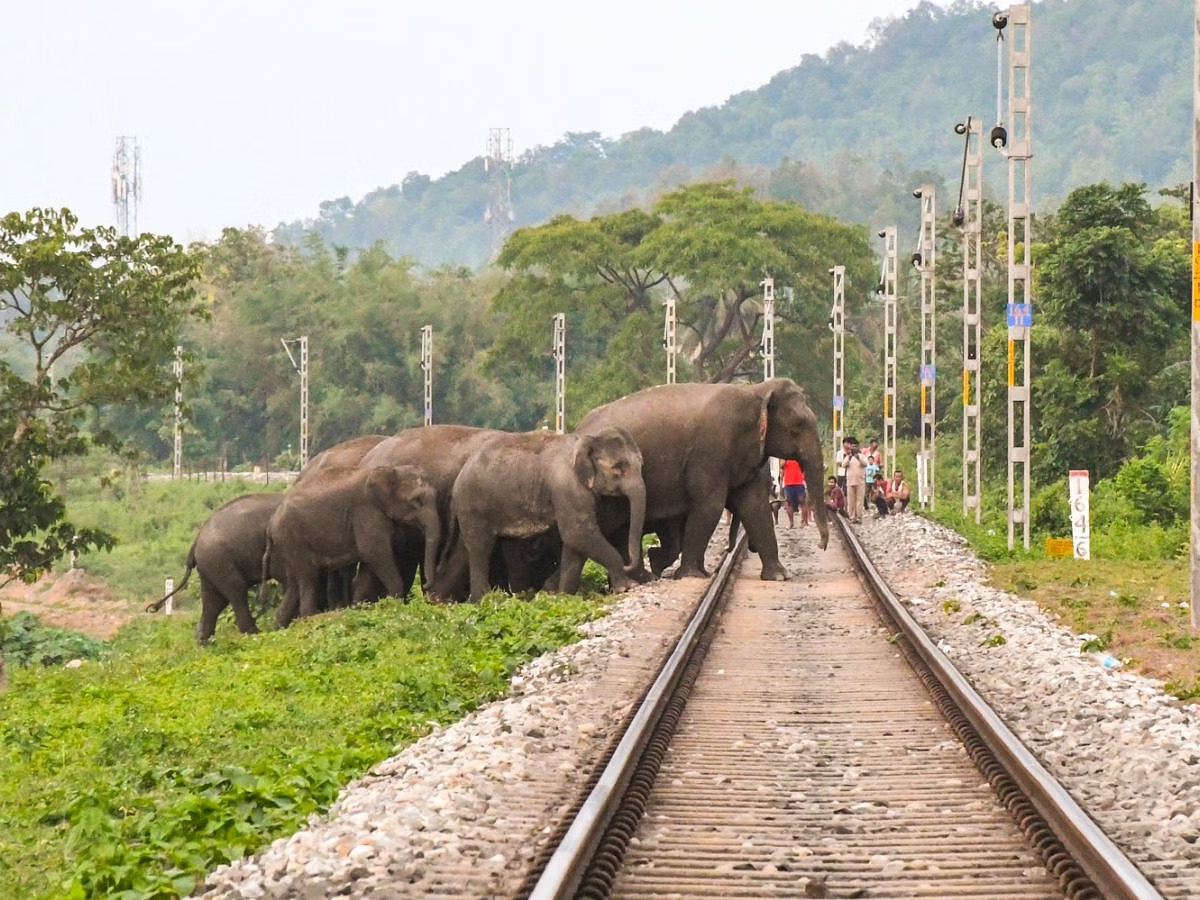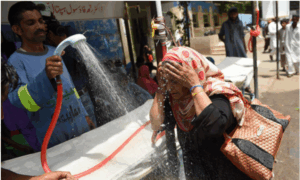The agreement is the latest sign of the close cooperation between the two countries, which will also see a Pakistani rover going to the moon
The first foreign astronaut to visit China’s Tiangong space station will be from Pakistan, the two countries’ space authorities have said.
China would assist Pakistan in selecting and training astronauts and the chosen candidates would then travel to China for further training, the China Manned Space Agency said on Friday after the signing of a cooperation agreement in Islamabad.
Later, one or more of them will join a Chinese crew for a short-term mission aboard the Tiangong.
“Since the inception of China’s manned space programme, we have upheld the principles of peaceful use, mutual benefit, and shared development, offering cooperation opportunities to the global community,” the agency said, adding that it hoped more developing countries would be inspired to explore space.
John Sheldon, a partner at Dubai-based space services and investment company AzurX, said Pakistan was one of Beijing’s earliest and most important partners in its Belt and Road Initiative and the announcement signalled to other participants that they too could benefit from China’s space programme.
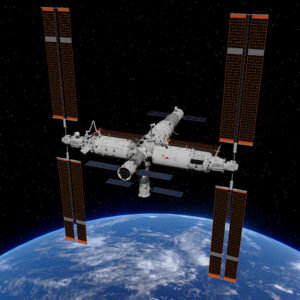 He added this could help solidify these relationships with Beijing and bolster China’s influence in countries where American influence had been diminished.
He added this could help solidify these relationships with Beijing and bolster China’s influence in countries where American influence had been diminished.
China has previously launched multiple Pakistani satellites, including one sent into lunar orbit during the Chang’e-6 mission to the far side of the moon.
It is also planning to take a Pakistani lunar rover to the moon as part of the 2028 Chang’e-8 mission.
China had already pledged to let foreign astronauts visit the Tiangong and conduct experiments.
In 2023, Chen Shanguang, deputy chief designer of China’s manned space programme, told state broadcaster CCTV this would improve cultural exchanges and cooperation.
Chen added: “Since these astronauts will travel to space using Chinese spacecraft and operate within the Tiangong, they must familiarise themselves with China’s space systems. Some aspects of their training can only be completed in China, where dedicated instructors will guide them through necessary procedures.”
The Tiangong was completed in 2022 and is one of the only two currently operational space stations.
The other is the older and larger International Space Station (ISS), built through a partnership between Russia, the United States, Canada, Europe, and Japan, which has hosted nearly 300 astronauts and carried out more than 3,000 experiments.
However, it has started showing signs of age, including air leaks and hardware degradation, and Nasa and its partners plan to retire it within five years.
Elon Musk, chief executive of SpaceX and a close adviser to Donald Trump, has called for the ISS to be retired “as soon as possible” in favour of his obsession with Mars exploration.
That could leave the Tiangong as the only human outpost in low-Earth orbit, although India and Russia, as well as various US companies, are looking to establish their own space stations.
However, whether other countries will turn to the Tiangong depends on multiple factors, including politics.
In 2023, the European Space Agency halted plans to send astronauts to the Tiangong even though two had already been training in China. It said it wanted to prioritise the ISS and did not have the budget or approval to work with a second space station.

